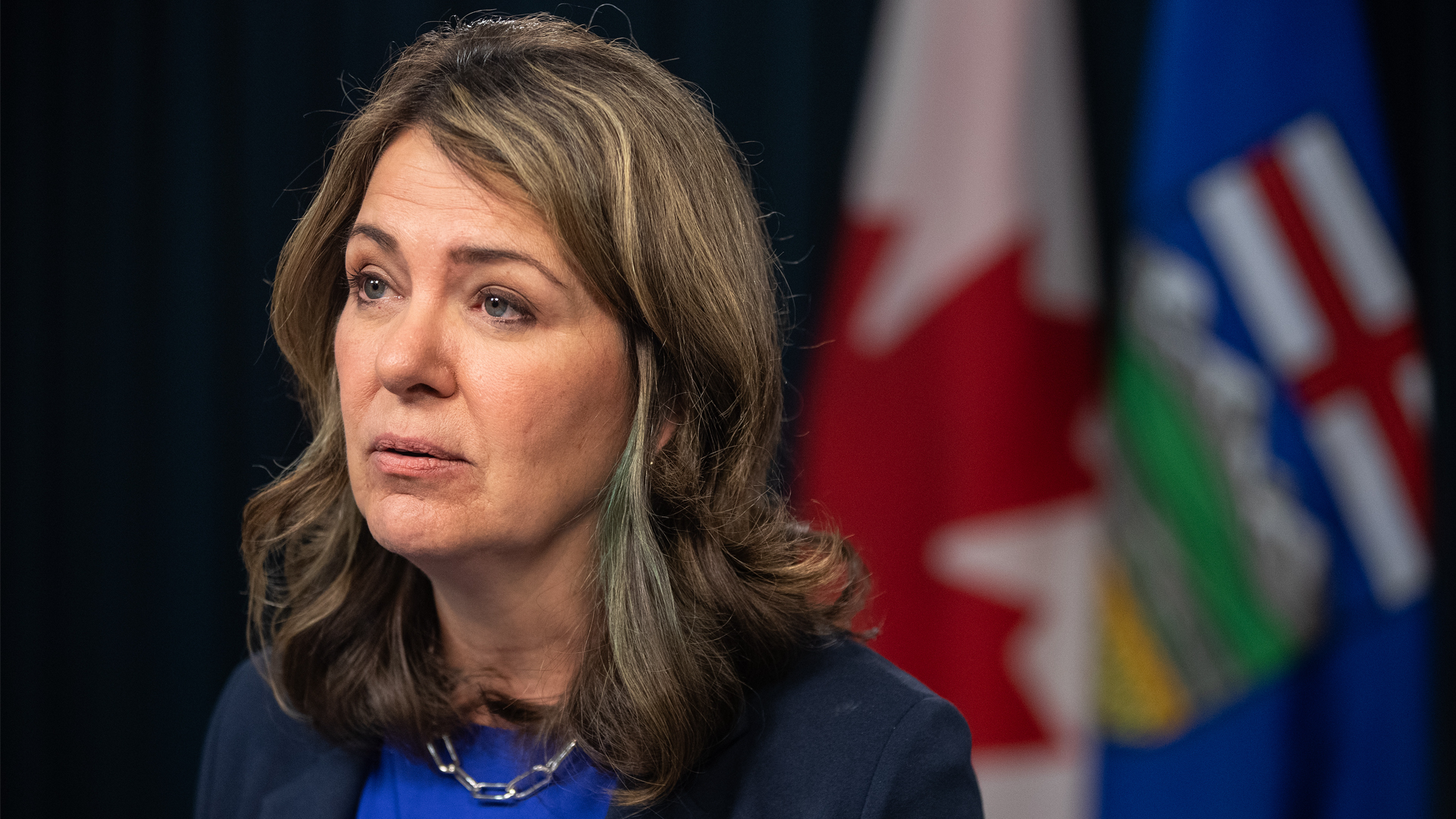
From local nomination battles through to party leadership races, the process of political parties choosing candidates or leaders is often contentious. Patrick Brown might easily have wound up facing off with the Progressive Conservative Party of Ontario in court, had the nomination committee not approved his bid to run again for the leadership.
Those aggrieved by a political selection process have few viable options at their disposal. Rarely are they able to have their concerns adequately addressed within that same political process — either because their complaint is with the process itself, or because decision-makers within the party refuse to follow the process, or because there is a concern or perception of bias among the decision-makers themselves.
The question then becomes whether, and to what extent, individuals who believe they have been wronged by a political selection process can turn to the courts for a remedy. Simply put: are judges willing to get involved in determining whom a party nominates as a candidate in a riding, or who can run for party leadership?
The short answer is yes. The full answer, as always, is a bit more complicated.
Courts have examined selection decisions made by political parties using the doctrine of judicial review. Judicial review is a “public law” concept, one relating to a relationship between individuals and governments. Therefore, the decision being challenged must fall within the purview of public law before a court will rely on the doctrine. (For a variety of reasons, private law concepts, such as contract law, are a poor fit for those seeking to have quick access to the courts to have a decision of a political party set aside.)
Much judicial ink has been spilled on exactly how one determines whether a decision is sufficiently “public” in nature to attract judicial review. Relevant considerations include the nature of the decision-maker and its responsibilities, the relationship between the decision-maker and government, and the impact of the decision on the public. Ultimately, however, there is no clear checklist. As some courts have put it, “Whether or not any one factor or a combination of particular factors tips the balance and makes a matter ‘public’ depends on the facts of the case and the overall impression registered upon the Court.”
The “overall impression” reached by most Canadian courts is that leadership selection races and candidate nomination battles both fall within the purview of public law.
At one level, this result may seem surprising. Political parties are, after all, private and partisan associations. Their operations are subject to rules and party constitutions established by their own membership (or executives elected by those members). They are not creatures of statute, nor are their selection processes governed by statute.
But it is the public impact of political party decision-making, above all else, that gives it a public law dimension. A recent Ontario court decision examining the federal NDP leadership race explained that “the decisions that political parties, especially the major political parties, make in terms of the candidates they put forward, the policies they adopt, and the leaders that they choose, do have a very serious effect on the rights and interests of the entire voting public.”
An Alberta court reached a similar conclusion, characterizing the decision to exclude a candidate from a nomination process in a provincial riding as “a drastic decision impacting the democratic rights, not only of the applicant, but all residents in the constituency.”
These decisions recognize the reality of the Canadian political system. Political parties may be private bodies playing by their own rules, but the consequences of their decisions are often profoundly public. In these circumstances, judicial review is a useful and appropriate tool for allowing courts to exercise some degree of oversight.
Some political parties have eschewed judicial review for certain decisions by instituting formal arbitration procedures to deal with any disputes. When an aggrieved party has validly submitted to such a binding arbitration process, judicial review is typically unavailable, although limited recourse to the courts may arise by other means (such as Ontario’s Arbitration Act).
Most political parties have not adopted arbitration procedures for all of their various selection processes, likely because arbitration can be time-consuming and expensive. For decisions made outside of the arbitration context, there are limits to what courts will do when judicially reviewing political decisions.
Four key points stand out here.
First, the range of available remedies is limited. The focus in a judicial review is on whether a party’s decision is unfair or unreasonable — not on obtaining compensation. The most frequently granted remedy is to set aside the original decision and require the party decision-makers to reconsider the issue in accordance with a fairer process, or without making the same unreasonable error as they made the first time around.
Second, the strongest case for a successful judicial review application can be made where a party has followed a deficient process. A clear example would be when a party has failed to abide by its own rules, but courts may also interfere when a party has reached a decision without respecting the basic principles of procedural fairness. Such principles would include (at a minimum) ensuring all prospective candidates are provided with notice of any issues or concerns with their application and are provided an opportunity to respond before their candidacy is denied.
Third, there is a high threshold for attempting to overturn a party’s selection decision based on allegations of bias. One recent decision suggested that it must be shown that the decision-makers had a “closed mind” on the matter put before them for a decision. This is not easily proven.
Finally, although the exercise of discretion granted to party officials may be subject to judicial review, courts will typically do so with significant deference to the internal decisions of the party organization. For example, if a party’s rules provide a committee with the discretion to eliminate candidates who “would not be in the best interests of the party,” the committee will likely enjoy significant latitude to interpret and apply that criterion as it sees fit. Only “unreasonable” decisions will be set aside — and the range of reasonable outcomes in the context of political parties is a broad one.
Notwithstanding these limitations, the availability of judicial review for decisions of political parties remains an essential tool for helping to ensure a basic degree of fairness in political selection processes. At the same time, the willingness of courts to review decisions of political parties is tempered by the limited extent to which they will actually interfere with those decisions. Of course, party officials and judges alike would prefer for these matters to be resolved at ballot boxes and in boardrooms, not courtrooms. But history shows us that is not always possible.
Photo: Patrick Brown speaks to media following a meeting at the Conservative Party headquarters in Toronto on Friday, February 16, 2018. THE CANADIAN PRESS/Christopher Katsarov
Do you have something to say about the article you just read? Be part of the Policy Options discussion, and send in your own submission. Here is a link on how to do it. | Souhaitez-vous réagir à cet article ? Joignez-vous aux débats d’Options politiques et soumettez-nous votre texte en suivant ces directives.








